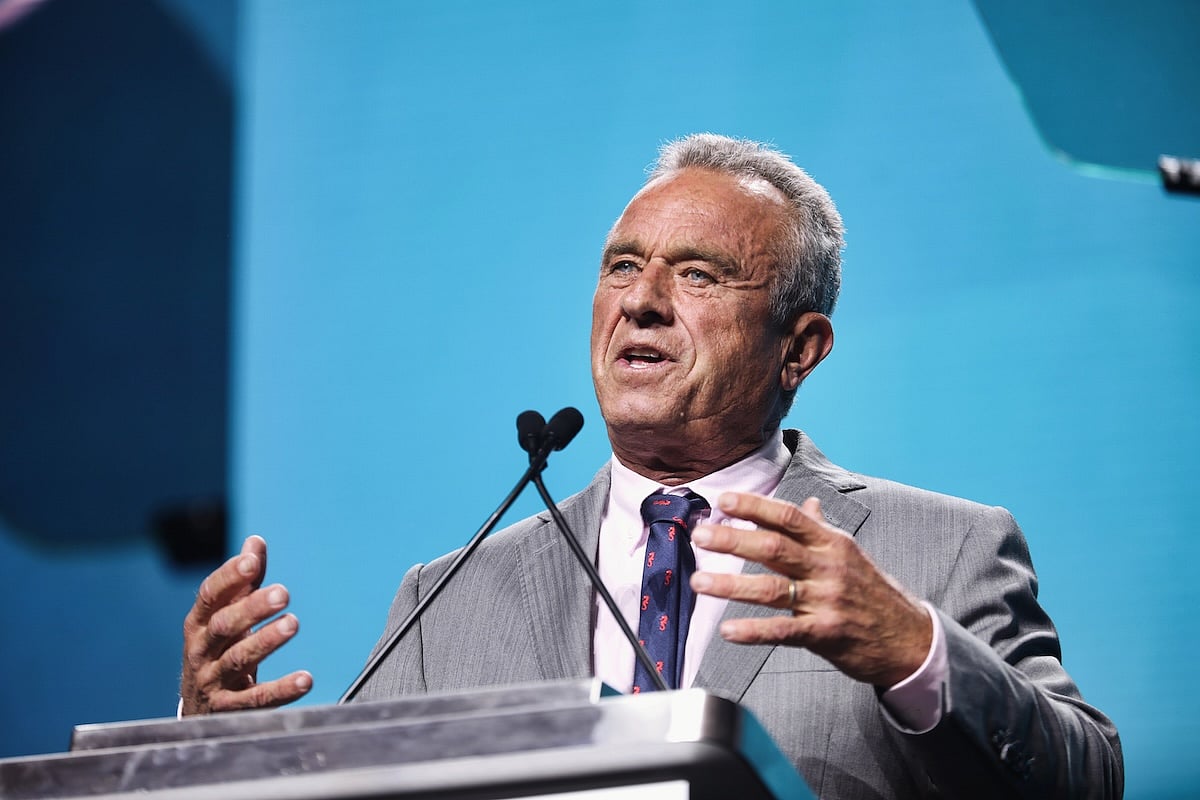Get Healthy!

- Posted August 7, 2025
RFK Jr. Cancels $500M in mRNA Vaccine Research Projects
U.S. Department of Health and Human Services (HHS) Secretary Robert F. Kennedy Jr. has canceled nearly $500 million in grants and contracts meant to support mRNA vaccine development, the agency announced Tuesday.
The funding had been awarded to 22 research projects managed by the Biomedical Advanced Research and Development Authority (BARDA), a group that helps prepare the nation for health emergencies, The New York Times said.
Many health officials predict Kennedy’s action could hurt the country’s ability to respond quickly to the next pandemic.
“This is a bad day for science,” Scott Hensley, a University of Pennsylvania immunologist who has been developing an mRNA flu vaccine, told The Times.
Tuesday’s action just the latest major cut to mRNA funding in recent months. In May, HHS also ended a $600 million contract with Moderna to develop a bird flu vaccine using mRNA technology.
mRNA vaccines work by teaching the body to create a fragment of a virus, causing the immune system to defend against future infection. Unlike older vaccines, which can take years to develop, mRNA shots can be made within months and easily adjusted as viruses change.
mRNA vaccines from Pfizer-BioNTech and Moderna helped protect millions of people during COVID-19. The technology was honored with a Nobel Prize in 2023, The Times reported.
Kennedy has long questioned the safety and effectiveness of vaccines. On Tuesday, he said mRNA shots don’t work well against viruses that affect the lungs and throat, like COVID and the flu.
“As the pandemic showed us, mRNA vaccines don’t perform well against viruses that infect the upper respiratory tract,” Kennedy said in an online video.
Experts say that’s simply not true.
“Had we not used these lifesaving mRNA vaccines to protect against severe illness, we would have had millions of more COVID deaths,” Jennifer Nuzzo, director of the Pandemic Center at Brown University’s School of Public Health in Providence, R.I., told The Times.
“By issuing this wildly incorrect statement, the secretary is demonstrating his commitment to his long-held goal of sowing doubts about all vaccines,” Nuzzo added.
HHS said it now plans to support other types of vaccines, like whole-cell vaccines, which were widely used in the past. But some of these older vaccines, such as those used for whooping cough in the 1990s, were linked to side effects like high fevers and seizures.
Kennedy has criticized Gavi, the Vaccine Alliance, for using whole-cell vaccines in poorer countries, and said that’s one reason why the U.S. is cutting its funding to the group.
Public health officials say dropping mRNA development is “undermining our ability to rapidly counter future biological threats,” Rick Bright, a flu expert who used to lead BARDA, told The Times.
This is "a huge strategic failure that will be measured in lives lost during times of crisis,” he added.
Chris Meekins, a former assistant secretary for pandemic preparedness, agreed. He warned the decision could create a “national security vulnerability.”
“These tools serve as a deterrent to prevent other nations from using certain biological agents,” Mr. Meekins said on social media. “The speed of the technology to create new biodefense capabilities is a national security asset.”
More information
The National Human Genome Research Institute has more on messenger RNA (mRNA)
SOURCE: The New York Times, Aug. 5, 2025
